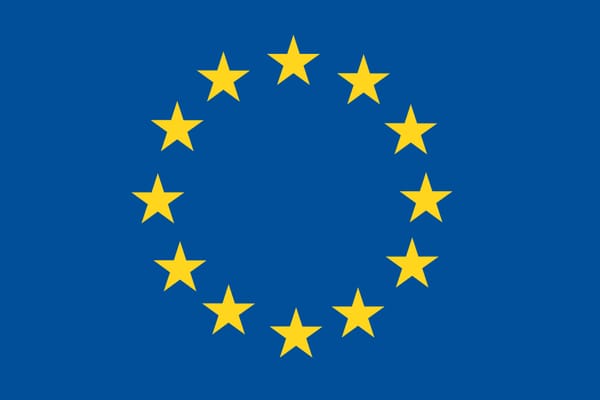The grief of Brexit is nearly over
Comment writer Akil Eamon Farhat argues that we must approach Brexit with certainty.

There are five stages of grief: denial, anger, bargaining, depression and acceptance. We as a country have finally gotten near the end of our Brexit grief. First there was the denial that we as a country would ever vote for such a preposterous idea. Then there was anger as it became apparent our country was much more divided than we had thought and that Brexit was now a reality. Next came the long bargaining with the EU, to come up with a deal while still reassuring ourselves that everything would be ok. A government report that came out last week hints to the next stage: depression, the chancellor Philip Hammond saying the country would be worse “in pure economic terms”. If this metaphor continues to holds true, the next stage is acceptance. We as a country, both remainers and leavers, will learn to accept what has happened and move on. With an important vote taking place on the 11th of December, it is finally time to accept May’s Brexit as the possibility of a revote is negligible and the prospect of a no deal is disastrous.
There are logical reasons why a people’s vote is not viable, but the common argument that such a vote would undermine the will of the British people is not the one being made here. A democratic vote that could be undemocratic is as oxymoronic as a strong and stable government under Theresa May. Unfortunately despite support by MPs as well as an alleged 700,000 protestors in London, as long as the conservative government is in power, there is no chance of this vote. The cross party campaign for a people’s vote is a true thing of beauty. It spreads hope and tries to redefine how to spread a political message after the dirty campaign fought back in 2016.
Unfortunately, campaigning for something that will never happen is a simple waste of great minds and resources. The campaign for a people’s vote in some ways is like the LGBT movement or the Suffragettes: a massive fight for basic rights (freedom of movement, etc) which defines what type of country we are. There is one important distinction with the aforementioned historic movements: the people’s vote has a time limit, Brexit. Looking practically there is no time for a people’s vote to take place. The preparations, legislation and political coordination take longer than the 4 months left until Brexit day. Sure, an extension could be granted but that would be at the discretion of the European Council and would just add more uncertainty, a commodity that is not lacking. Overall, unless circumstances change drastically, such as a new of government, a people’s vote is unlikely.
Even if we accept that Brexit will go ahead, and that a people’s vote won’t happen, many still believe an alternate version of Brexit is possible. In fact, never before have so many MPs, from every corner of the commons, united against May’s deal. Whether it be a harder or softer Brexit, everyone thinks they can do it better and yet no one has the details to back that up. You can’t remove the backstop when there is a possibility of a hard Northern Irish border. You can’t end free movement of people while retaining the economic perks. The EU has made their position very clear on these issues for almost 2 years and no backbench Tory MP will change that.
While we were promised the stars and the moons when the negotiations began, it quickly became clear that we would probably get a few cheap fairy lights instead. Now, 30 months later, reality has struck and what we have is a reasonable compromise. Unfortunately, it will most probably not get the support of parliament and thus the country will be thrust into another period of uncertainty as May goes back to renegotiate. Other that a few small concessions from the EU, the deal will not change drastically and thus will potentially never get through parliament. With no clear alternative the future has never seemed so unsure. As many fret about the economic damage that Brexit could cause, they do not consider the damage caused by this uncertainty. What the country needs more than ever is to be sure of what is to come, whatever it might be. What the country needs is a strong and stable government which will implement Brexit and mitigate the consequences. If the government cannot do this and the uncertainty continues then maybe it is time for a change, or is it too late?







